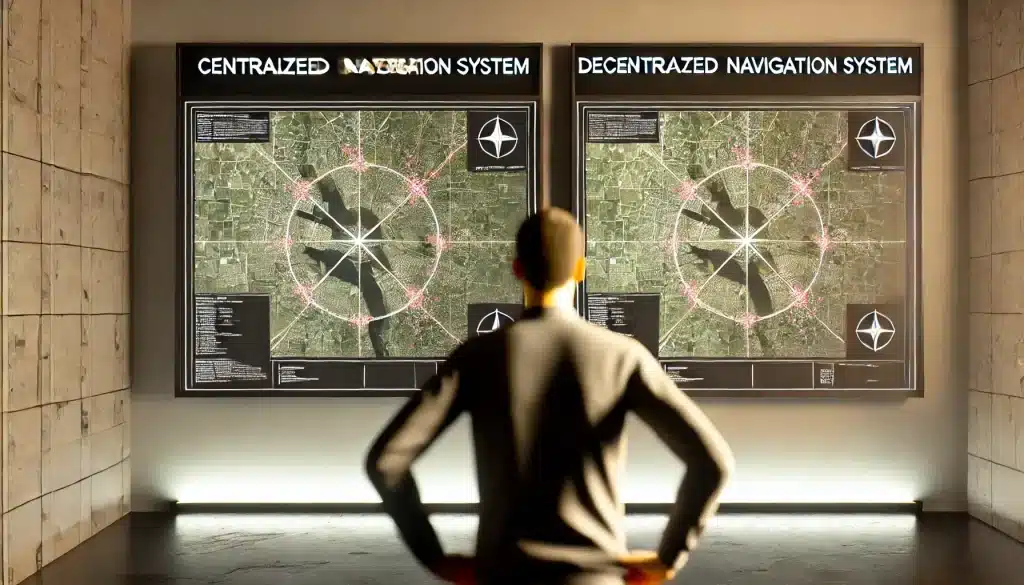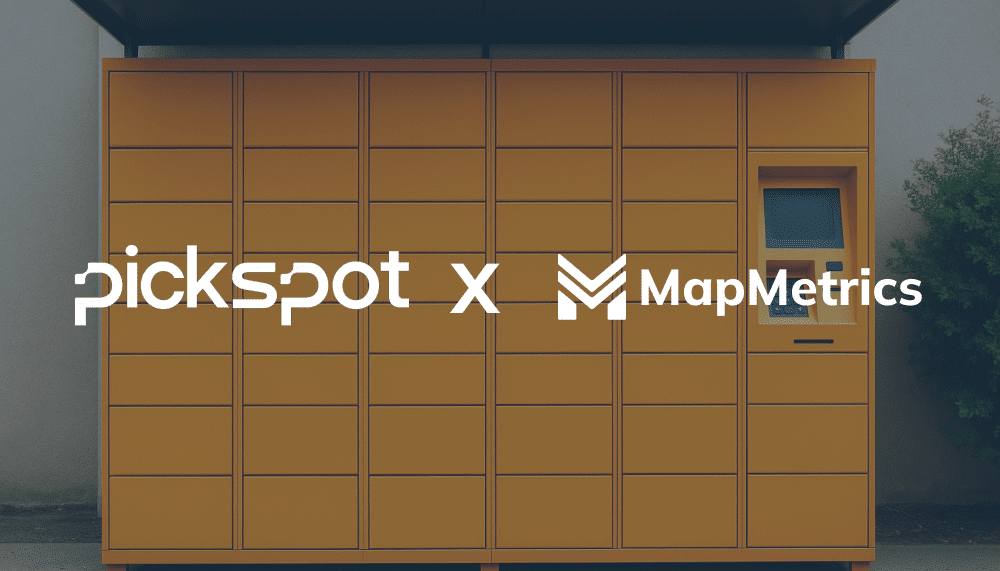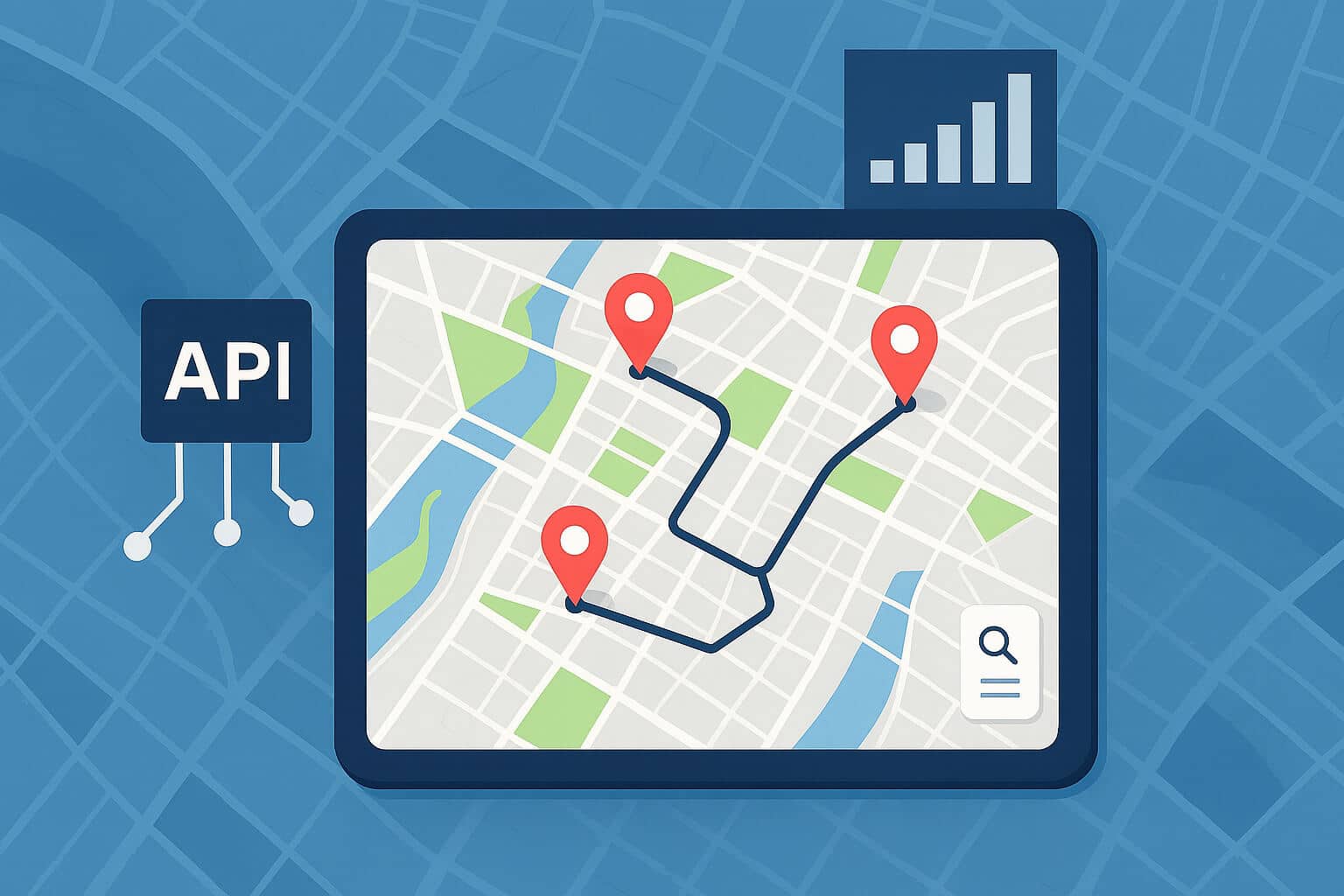
The Dark Side of How Centralized Navigation Systems Collect and Use User Data vs. the Revolutionary Decentralized Navigation Systems
Navigation systems are crucial in our daily lives. How these systems collect and use user data is paramount, influencing everything from the accuracy of route suggestions to user privacy and security. Understanding the differences in data handling between centralized and decentralized systems can help users make informed choices about the services they use. This article explores how centralized navigation systems, such as Google Maps, collect and use user data compared to decentralized alternatives like MapMetrics, with a focus on the implications for user privacy and control.
Centralized Navigation Systems: Data Collection and Usage
Centralized navigation systems like Google Maps, Apple Maps, and Waze are prevalent due to their reliability and comprehensive services. However, these conveniences come at the cost of extensive user data collection. Here’s how these systems collect and use user data:
1. Location Tracking
Centralized systems continuously track users’ real-time locations via GPS technology. Every time a user opens the navigation app, their current location is logged. This tracking isn’t limited to active use; it often continues in the background, allowing these services to build detailed profiles of users’ movements over time.
2. Search Queries and Preferences
When users search for directions, addresses, or points of interest, these queries are logged. Centralized systems store this information to refine search algorithms and improve accuracy. Over time, this data helps create a comprehensive profile of user preferences and behaviors.
3. Route Information
Centralized navigation systems track the routes users take, including starting points, destinations, and paths chosen. This data is used to enhance route suggestions and provide real-time traffic updates. It also helps predict future traffic patterns and optimize navigation services.
4. Business and Advertising
One of the primary uses of collected user data is for targeted advertising. Knowing a user’s frequent destinations and travel habits allows advertisers to deliver location-based ads. For instance, users passing through a particular area might receive ads for nearby businesses. This data is also valuable for market research and can be sold to third parties.
Privacy Concerns with Centralized Systems
The extensive data collection by centralized navigation systems raises significant privacy concerns:
1. Data Security Risks
Centralized systems store large volumes of user data, making them prime targets for cyberattacks. Data breaches can expose sensitive information, including location history, personal preferences, and travel habits. High-profile breaches have highlighted the vulnerabilities inherent in centralized data storage.
2. Continuous Surveillance
The persistent tracking of user locations can feel invasive, akin to constant surveillance. Users often have little control over what data is collected and how long it is stored. This continuous monitoring can be unsettling and erodes trust in these services.
3. Lack of Transparency
Many users are unaware of the extent of data being collected or how it is used. Terms and conditions are often lengthy and complex, making it difficult for users to understand what they are agreeing to. This lack of transparency undermines user autonomy and informed consent.
4. Monetization of User Data
Centralized navigation systems generate significant revenue by monetizing user data. The data collected from users’ searches, location history, and travel habits is often sold to advertisers and third parties without compensating the users. This practice means that users’ data is being exploited for profit, while they receive no direct benefit from the monetization of their information.
Decentralized Navigation Systems: A Privacy-Focused Alternative
In response to these concerns, decentralized navigation systems like MapMetrics offer a more privacy-focused approach. These systems leverage blockchain technology to enhance security and give users greater control over their data.
1. User Control
Decentralized systems prioritize user control over data. Users can choose what information to share and with whom, significantly reducing the risk of unauthorized data usage. This approach contrasts sharply with centralized systems, where users have little say in data handling practices.
2. Blockchain Technology
MapMetrics uses blockchain technology to ensure data integrity and transparency. In a decentralized system, user data is distributed across a network rather than stored in a central repository. This distribution makes it much harder for hackers to compromise the system, as there is no single point of failure.
3. Incentivized Data Sharing
MapMetrics incentivizes users to share their navigation data by rewarding them with tokens. This creates a fairer exchange where users benefit directly from contributing to the network. It transforms data sharing from a one-sided transaction into a mutually beneficial relationship.
4. Enhanced Security
Blockchain’s distributed ledger technology provides enhanced security. Each transaction is recorded on a decentralized ledger that is immutable and transparent. This setup reduces the risk of data tampering or unauthorized access, providing users with greater confidence in the system’s integrity.
5. Transparency and Trust
Decentralized systems offer unparalleled transparency. Users can track how their data is used and verify that it is handled according to agreed-upon terms. This transparency fosters trust, as users have clear visibility into data handling practices.
Why Users Should Opt for Decentralized Navigation Systems

The shift towards decentralized navigation systems is driven by increasing awareness of data privacy and security concerns. Here’s why users should consider decentralized options like MapMetrics:
1. Protection of Personal Data
Decentralized systems minimize the risk of data breaches and unauthorized access. By distributing data across a network and giving users control over their information, these systems offer a higher level of protection for personal data.
2. Ethical Data Usage
Decentralized systems ensure that data usage aligns with user consent. Users are not only aware of how their data is used but also benefit directly from sharing it. This ethical approach contrasts with centralized systems that often exploit user data for profit without adequate transparency.
3. Reduced Surveillance
Decentralized systems reduce the feeling of being constantly monitored. By allowing users to control what data is shared and when these systems mitigate the invasive surveillance common in centralized services.
4. Enhanced User Empowerment
Users of decentralized systems are empowered to make informed decisions about their data. This empowerment stems from greater transparency, control, and direct benefits from data sharing.
Conclusion
Centralized navigation systems, while convenient and powerful, pose significant risks to user privacy and data security. The extensive data collection practices of these systems raise concerns about data breaches, surveillance, and ethical usage. In contrast, decentralized navigation systems like MapMetrics offer a privacy-focused alternative that prioritizes user data control, security, and transparency. As users become more aware of data privacy issues, the demand for decentralized solutions is likely to grow, paving the way for a safer, more ethical approach to navigation services.


